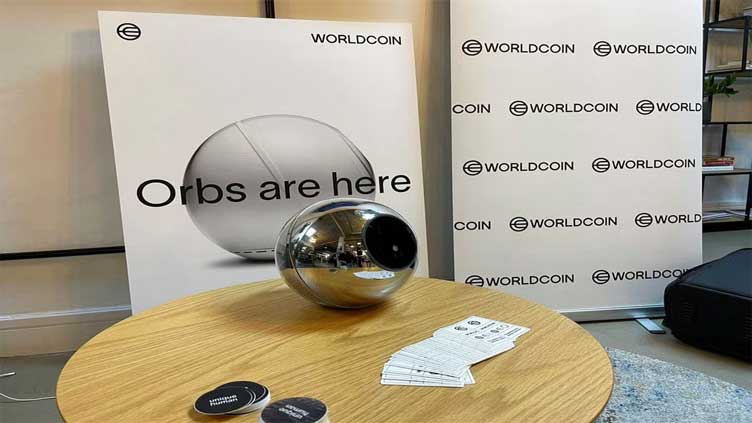Kenya suspends Worldcoin's crypto project over safety concerns

Technology
Kenya suspends Worldcoin's crypto project over safety concerns
NAIROBI (Reuters) - Kenya's interior ministry said on Wednesday that it had suspended the local activities of the cryptocurrency project Worldcoin while government agencies assess potential risks to public safety.
The project founded by OpenAI CEO Sam Altman launched last week. It requires users to give their iris scans in exchange for a digital ID, and in some countries, users also get free cryptocurrency as part of plans to create a new "identity and financial network".
"Relevant security, financial services and data protection agencies have commenced inquiries and investigations to establish the authenticity and legality of the aforesaid activities," interior minister Kithure Kindiki said in a statement.
A preliminary review of Worldcoin's operations has raised concerns, the Communications Authority of Kenya and the Office of the Data Protection Commissioner said, among them being that obtaining consumer consent in return for a monetary award bordered on inducement.
Worldcoin Foundation, a Cayman Islands-based entity, said it would take the time of suspension to work with authorities to boost understanding of privacy measures it has in place in Kenya and elsewhere it has a presence.
"Worldcoin remains committed to providing an inclusive, privacy-preserving, decentralised on-ramp to the global digital economy and looks forward to resuming its services in Kenya while working closely with local regulators and other stakeholders,” it said in a statement.
Kindiki said the government was concerned with Worldcoin's activities, and agencies would probe how it intends to use the data it gathers. He said action would be taken against anyone who engages with its activities, without elaborating.
Local media have reported that more than 350,000 Kenyans had signed up for Worldcoin as of Tuesday, in exchange for free cryptocurrency tokens worth around 7,000 Kenyan shillings ($49).
Since its launch, people around the world including Kenya, Germany, Spain and France have been flocking to registration sites to get their eyes scanned by a shiny spherical "orb".
The project has also come under scrutiny in Britain, Germany and France.

